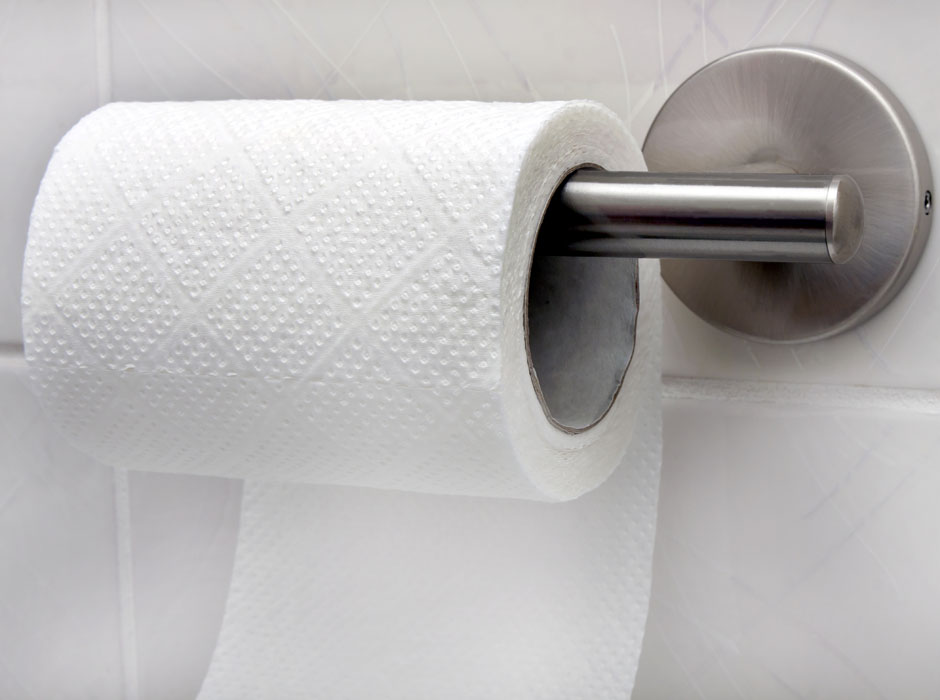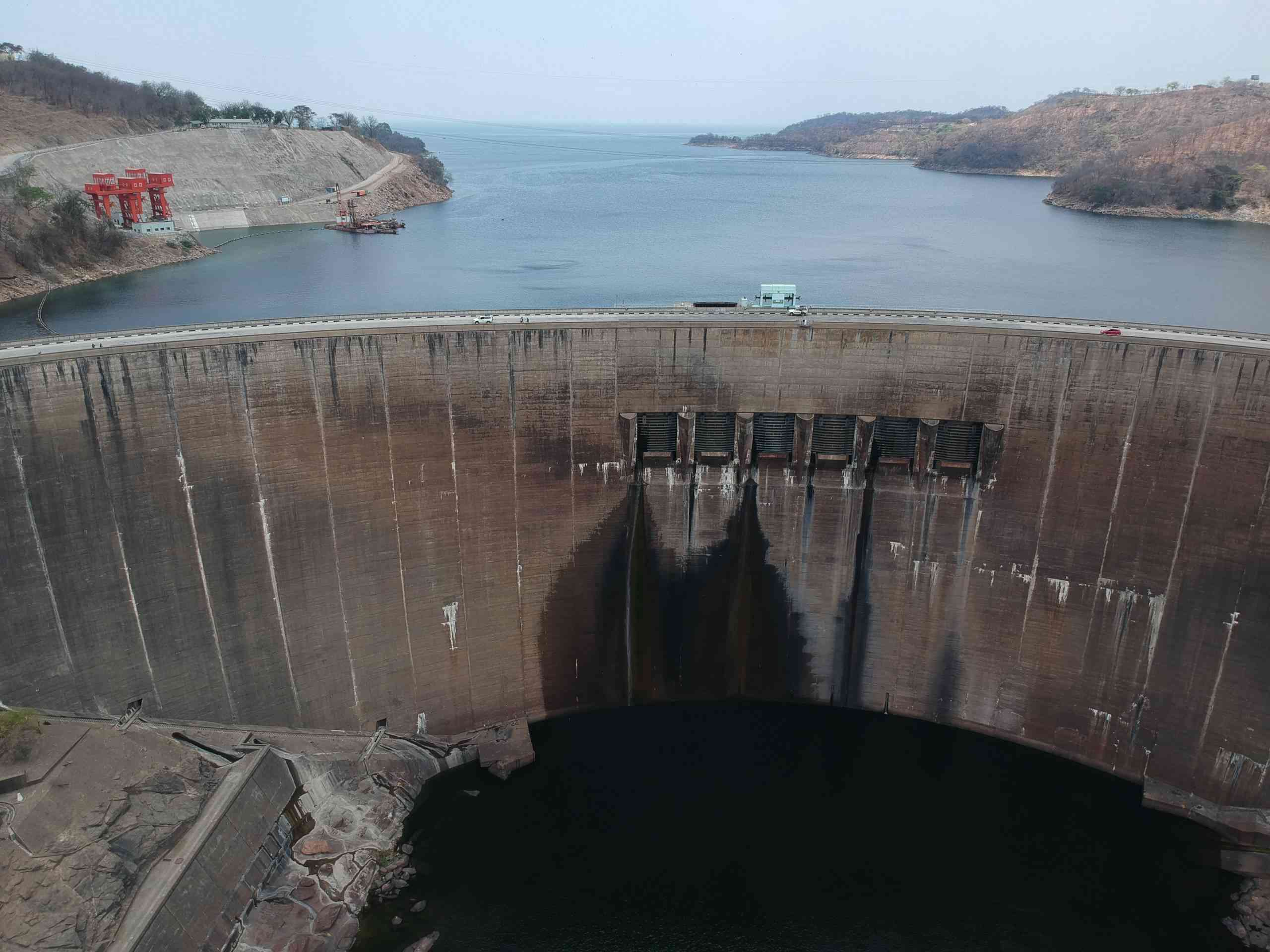
KADOMA Paper Mills (KPM) is experiencing capacity constraints with one machine that can only meet 54% of the 700-tonne demand for tissue paper in Zimbabwe and having to import waste paper.
BY TATIRA ZWINOIRA/MTHANDAZO NYONI
As a result of the reduced capacity, the Art Holdings Limited subsidiary is contributing 10% to the group’s overall annual turnover.
Responding to journalists during a media tour done in conjunction with the Securities and Exchange Commission of Zimbabwe workshop in Kadoma on Tuesday, KPM general manager Mackson Maturura said the single machine was doing tissue and craft paper.
“We are importing chemicals. We are running for the dyes, those are coming from South Africa. We are also importing waste paper, like I indicated earlier on … We are importing about 150 tonnes, roughly some 32 tonnes per truck, per month and that is equivalent to about $36 000 from Botswana and South Africa,” he said.
“Botswana the rate is slightly lower, so Botswana has fewer volumes than South Africa, but we fill in the gap from Botswana by importing from South Africa.”
The waste paper is recycled to make tissue paper, but they need a specific type of paper, which is leading to the importation the additional waste.
The company is producing about 380 tonnes of tissue, which is the maximum the machine can do per month.
- Chamisa under fire over US$120K donation
- Mavhunga puts DeMbare into Chibuku quarterfinals
- Pension funds bet on Cabora Bassa oilfields
- Councils defy govt fire tender directive
Keep Reading
Waste paper is a critical component to the manufacturing of tissue paper.
The company is exporting 10% of its products to Zambia, Malawi (9%), and Burundi (5%) to mitigate against the low margins of their profits locally.
Maturura said that raw materials were the only significant cost, chewing between 43% and 50% of total turnover for the company.
He said the paper business was directly dependent on the printing industry and when the printing industry is low, “what it means we are not generating enough waste paper in the market”.
Since dollarisation, the company has only had $1 million in investment, which was hampering its potential growth.











